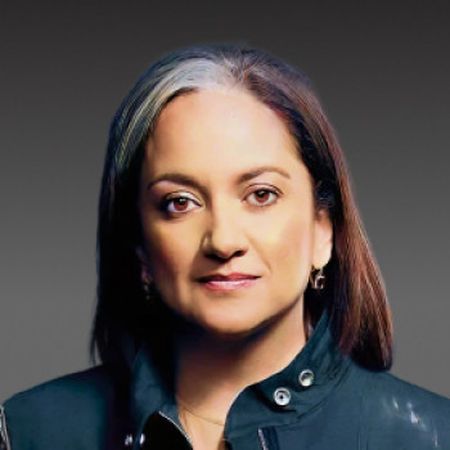In June, Mayor Geoff Makhubo and his lieutenants sent my 89-year-old mom a termination of municipal service notice. I nearly died.
If Covid-19 has been about a single thing for us, it has been keeping Ayesha Haffajee safe. A healthy old lady, she would have only a mini birthday lunch a month later to celebrate a milestone. We had had a proper nine-decade party planned, but we took no chances and with her helpers devised systems to keep her infection-free. When you are that old, the virus is often a death sentence and I read anxiously of how it was taking out a generation of elders around the world.
The thought of having her sit without electricity and water in addition to the strictures the virus had imposed on her life was too much. So, I paid up the hefty account laid out in the threatening termination letter (badly photocopied and which spelt our surname incorrectly). My mom’s cute, but tiny, home in Mayfair is the only one she has ever owned and it is precious to her.
Then, I got on the phone to the City of Joburg call centre several times. It rang for 40 minutes at a time with no answer. The Twitter people directed me to the website, which was down. The Post Office in Langlaagte where all our bills still go to (still having a mailbox there is a sentimental reminder of my father, so I haven’t changed to e-billing) was “down”, as it has been for most of the year, and there was no account.
I pay a set amount every month religiously and well before the due date, but rates and electricity costs have shot up so high, that my estimates were wrong. Faced with declining revenues, the city sent out termination notices to 29,780 homes and then started cut-offs by private contractors who get paid per termination. It’s a perverse incentive and often leaves residents like sitting ducks because if you try to find out what’s happening to your account, you can’t get through to the call centre unless you are prepared to spend much of a working week on the phone.
It’s still not clear how legal the terminations were in the middle of the lockdown, but that is increasingly the city’s face to its citizens despite Makhubo’s promise of a “liveable city”.
Rates, water and electricity costs are killing us
In Johannesburg, the cost of living is squeezing out the middle classes – the super-rich are increasingly immune.
But for small and medium-sized businesses and middle-class people like my mom, my husband and me, it’s getting a bit like living in Luanda, Angola’s capital: super-expensive with declining public services.
Our power is often down a couple of times a week and water cut-offs are pretty regular too as the city’s ageing pipes system begins to break down everywhere – the piles of dirt in the lovely inner city are a mockery to Joburg’s ambitions of being a world-class, African city.
While regulators set tariffs, the inclining block tariff system has taken up the cost of living because you pay more when you use more than a low, basic amount.
My husband, who owns a house in Parkhurst, has found that between 2019 and 2020, his electricity costs escalated by about 228% on average.
Electricity costs in Johannesburg are by far the highest among the metros and without regulatory changes to bring down the prices of solar and other forms of residential energy, we’re stuck with City Power which adds many more additional surcharges, or stealth taxes, to bolster its bottom line.
At the weekend, reports said that Mineral Resources and Energy minister Gwede Mantashe would allow own-energy generation and procurement by those municipalities who can do so, but this special report reveals why it won’t bring costs down. Municipalities are invested in high power tariffs to fund budgets where services are increasingly being crowded out by high staff and contractor costs.
City Power is run like a for-profit (or private) entity so it measures itself on its profit returns to the city and its executives are squeezing blood from the stone that is their residents, especially in a Covid-19 economy.
Mayor Makhubo’s social media team makes much of the ombud system and of his commitment to a working city, but in reality, the systems don’t work well. The call centre is often a nightmare and it’s the only way to get your account sorted out.
This isn’t an ANC or a DA problem, but an indication of a city administration that has failed to fix its billing system for 26 years and which spends almost 30% of its R67-billion staff costs and then splashes billions more on contractors to provide the services those staff do not, or cannot, do.
We’re not alone in our high bills: throughout the lockdown, Johannesburg residents have been posting their municipal accounts on social media, noting that often your bond costs are less than your municipal accounts – irrational economics anywhere.
Johannesburg is strangling its rates base and making it difficult to grow a small business sector, which is increasingly the growth engine of cities like ours.
I love Jozi for its melting-pot heart and its vibrant culture and the trees now turning purple for Jacaranda season. I love its constant evolutions and the brash but warm people and for the street fashion and its many interesting hoods and so much more. Mostly, I love it because it’s home. But can I still afford to live here? Sometimes, I wonder. DM
*The writer sent detailed questions to the spokespersons in the mayor’s office on September 9 on the state of the city and, despite many good-willed promises, we have not had a response. The mayor has promised an interview after his study leave is over.




